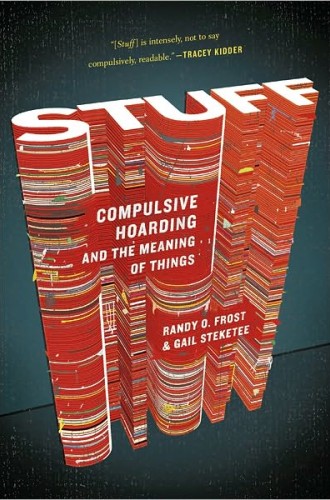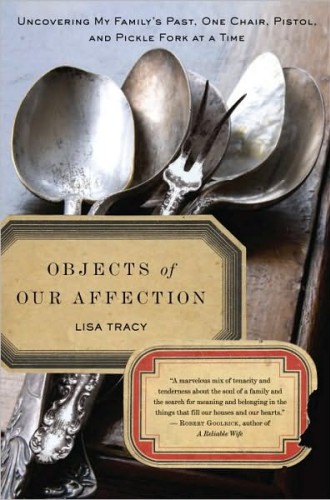Stuff; Objects of Our Affection
We have become a nation of rich fools. Although the average house size has nearly doubled since 1970, self-storage units, once nearly nonexistent, are a booming business, comprising more than 45,000 facilities with 2 billion square feet of space, most of it full. As cheap goods become more available and our living spaces get bigger, we spend more and more time managing our possessions. "We may own the things in our homes," Randy O. Frost and Gail Steketee observe, "but they own us as well." Or as the sage of Concord, Ralph Waldo Emerson, put it a century and a half ago, "Things are in the saddle, and ride mankind."
Stuff: Compulsive Hoarding and the Meaning of Things opens with the iconic story of the Collyer brothers, Langley and Homer, who were found buried under the debris packed into their 12-room New York City mansion, and introduces readers to others living in conditions of extreme clutter. The authors define compulsive hoarding functionally: "If clutter prevents the person from using his or her living space, and if acquiring and saving cause substantial distress or interference in everyday living, the hoarding is pathological." In the style of neurologist Oliver Sacks, they explore the pathology of hoarding in ways that illuminate much larger questions about the meaning of possessions. "The boundaries between normal and abnormal blur when it comes to hoarding. We all become attached to our possessions and save things other people would not."
Between 2 and 5 percent of Americans are hoarders—6 to 15 million people. Frost, a professor of psychology, and Steketee, a professor of social work, find that chronic savers are motivated by the same concerns that lead others to acquire or retain things—fear of waste, promise of future usefulness, and the comfort and security provided by objects. Like most of us, they value objects as repositories of memory and tokens of identity. But they are different in the intensity of their attachment to objects and in the broad range of objects they value, encompassing things that others regard as useless.






